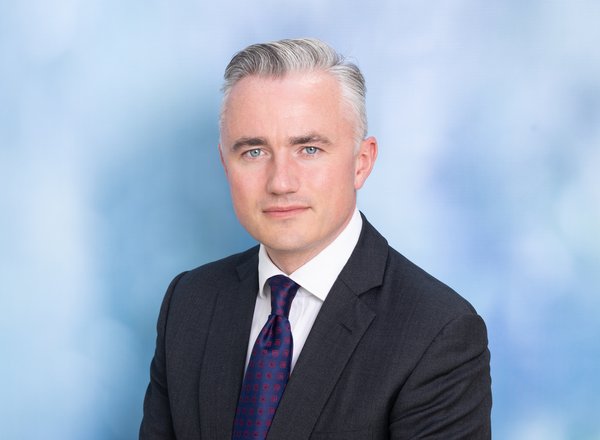The High Court has given judgment in the first ever “FRAND trial” concerning standard essential patents to be held in the UK.
As is well-known, telecommunications manufacturers produce handsets and infrastructure in accordance with technical standards (in generations known as 4G, 3G and 2G) which ensure that equipment is interoperable. These technical standards are devised collaboratively by the industry through standard-setting organisations (“SSOs”), and hence include a large number of technologies over which the contributors claim patent protection in a large number of jurisdictions.
The antitrust concerns to which this state of affairs gives rise are obvious: each contributor which owns a valid patent concerning a technology which is truly essential to the standard gains the power to block implementers – who are often also in direct competition with the contributor in the downstream markets – from manufacturing equipment which complies with the standard. The solution to this problem adopted by SSOs has been to require contributors to make a public declaration of their willingness to license any patent declared essential to the standard on “fair, reasonable and non-discriminatory” (“FRAND”) terms. For many years the enforceability and content of this promise have been unclear. In a judgment delivered on 5 April 2017, the High Court made the first substantial contribution by the UK Courts to this debate. The Judgment of Mr Justice Birss is long and detailed, but the key points for practitioners include the following:
- The FRAND obligation is enforceable, by a combination of French law and the judicial discretion to withhold injunctive relief (Judgment paras 98-146, 806(1), (5)). It is not therefore necessary to rely on competition law to enforce the undertaking (Judgment para 806(2)).
- There is only one set of licence terms which are FRAND in a given set of circumstances (Judgment paras 147-168, 806(4)). For any licensor with a global portfolio of SEPs of sufficient size that it would be impractical to fight over every patent, the only FRAND licence to a multinational implementer such as Huawei will be a global portfolio licence (Judgment paras 534-536, 542).
- FRAND characterises the terms of a licence but also refers to the process by which a licence is negotiated. Although an implementer does not owe a FRAND obligation to ETSI, an implementer who wishes to take advantage of the patentee’s FRAND obligation, must themselves negotiate in a FRAND manner (Judgment paras 162-163, 806(6)).
- Offers in negotiation which involve rates higher or lower than the FRAND rate but do not disrupt or prejudice the negotiation are legitimate (Judgment paras 163, 765, 783-784, 806(7)).
- An appropriate way to determine a FRAND royalty is to determine a benchmark rate which is governed by the value of the patentee’s portfolio. That will be fair, reasonable and generally non-discriminatory. The rate does not vary depending on the size of the licensee. It will eliminate hold-up and hold-out. Small new entrants are entitled to pay a royalty based on the same benchmark as established large entities (Judgment paras 176-177, 806(8)).
- The non-discrimination limb of FRAND does not consist of a further “hard edged” component which would justify a licensee demanding a lower rate than the benchmark rate because that lower rate had in fact been given to a different but similarly situated licensee (Judgment paras 175, 408, 480, 498, 806(8)-(9)). If FRAND does include such a component, then that obligation would only apply if the difference would distort competition between the two licensees (Judgment paras 495-501, 503).
- In assessing the dominant position of a SEP holder, the practical effect of the FRAND undertaking and the potential for hold out by an implementer are relevant factors and may lead to the conclusion that a SEP holder is not in a dominant position. On the basis of the evidence before the Court, Unwired Planet were dominant (Judgment paras 630-670).
James Segan acted as competition law counsel for Huawei throughout the 8-week trial in Autumn 2016, also dealing with non-discrimination issues.














